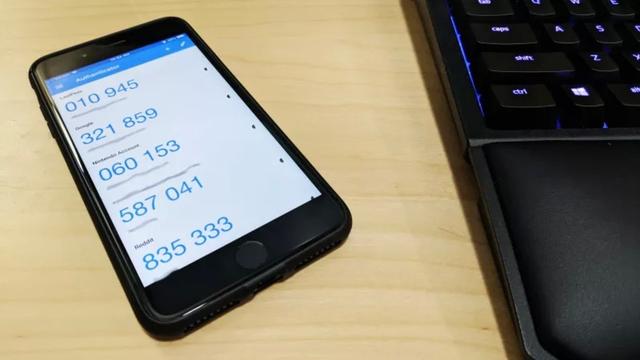As a result, can the laptop be connected to the power supply all the time? Can't you?
Life hacker [Japanese version] reprinted the article published on November 12, 2019
"wouldn't it be good to connect the laptop to the socket with a power adapter? "if you are a laptop user, anyone will have doubts at some point.
Obviously, the answer does not seem to be simple. Let's take a look at that reason.
Understand the condition of the battery
Most laptops use lithium-ion or lithium polymer batteries. The two are technically different, but in a broad sense they play the same role in generating electricity in electronic motion.
In order for the battery to remain normal, the flow of the electron must be constant.
At least if it's the nearest laptop, it doesn't matter what type of battery it is.
The battery will not be overcharged. Even if the laptop is connected to the power supply all the time, there is no danger that the battery will be overcharged. When the charge reaches 100%, stop charging immediately and resume charging until the voltage is below a certain level.
A full discharge can damage the battery. If the battery is kept to zero for a long time, the battery may be in a state of re-discharge and can no longer be recharged. In this way, it can be fatal to the battery (start here to jump up the battery of a dead laptop, please start here).
Based on the above considerations, will it be better to connect the laptop to the power supply all the time? That's not necessarily the case.
Factors affecting the deterioration of lithium batteries
Lithium batteries are inherently unstable. Deterioration will begin soon after production, but there are many factors that will further accelerate the deterioration. Here are some of them.
Charge / discharge cycle. The number of charges and discharges of all batteries are fixed.
Voltage level. The higher the charge level (measured by the number of bolts per battery), the shorter the battery life.
A temperature of more than 30 degrees. Irreparable damage may occur.
What is particularly worrying are the last two things. A comprehensive study by Battery University found that voltage levels and high temperatures are the main reasons for shortening battery life alone, and the combination of the two will further shorten battery life.
Charge, discharge cycle and voltage level
When a lithium-ion battery is charged to 4.20 volts per battery, it is equivalent to 100% charging. At this level, the battery will run out of life after 300-500 repeated discharges ("discharge cycles are 300-500").
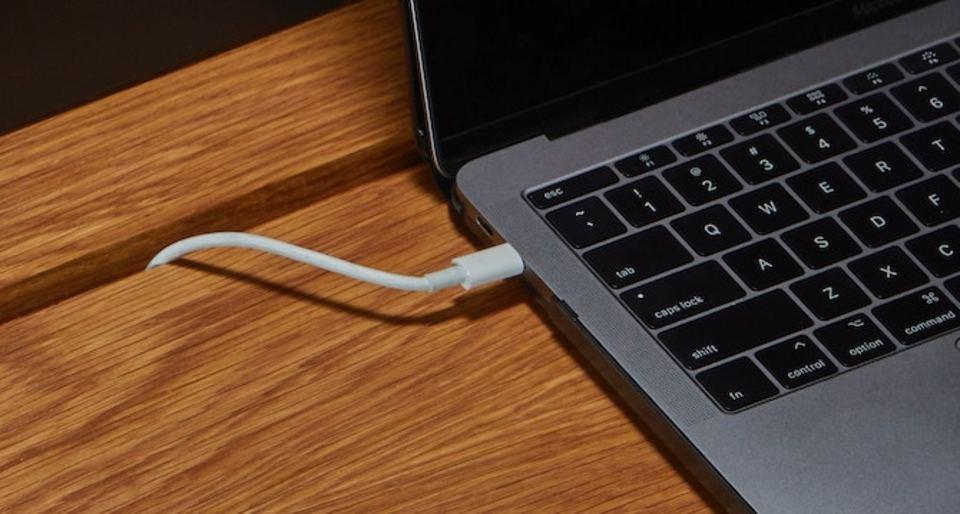
The discharge times can be doubled by 0.10 volts per unit. The discharge cycle is 2400-4000 times per battery, which is the best level.
Unfortunately, at this level, the battery is only about 60% charged, so you can use your laptop for about half as long as a 100% rechargeable battery.
High temperature
High temperatures are also the enemy of batteries. In general, temperatures above 30 degrees Celsius shorten battery life, regardless of other factors. Don't leave your laptop in the car on summer afternoons.
When high temperature pressure and high pressure are applied together, the adverse effects become more powerful.
A study by Battery University shows that a 40 per cent rechargeable battery stored at 40 degrees will reduce its capacity to 85 per cent after a year.
When 100% charging under the same conditions, the capacity will drop to 65%. When a 100% rechargeable battery is saved at 60 degrees, its capacity can be reduced to 60% in just 3 months.
According to the results of the study, the conclusion is clear. Keep the battery at 100% charging, and the battery life will be slowly shortened. Exposed to high temperatures at 100% charging, shortening life faster.
By the way, the high temperature is not just the cause of the environment. If you perform tasks that focus on laptop resources, such as games or video editing, it will be much hotter and bad, because even if you put your laptop on a pillow or in a low-function case, it will not dissipate heat.
If the laptop seems too hot, you'd better fix the battery, too.
Is it better to take the battery off?
High temperatures become a risk and new questions arise. When connecting the power adapter and using the laptop, is it better to remove the battery?
This is not an option for laptops with a recently increasing number of batteries that cannot be removed.
When the battery is a replaceable laptop, the answer seems to vary from manufacturer to manufacturer. For example, Acer does not need to remove the battery when using the power adapter, but it is better to remove it if it is not used for a few days. Apple advises not to remove the battery when making a laptop with a removable battery.
In other words, everything will be exhausted how the laptop's power management is set up. When there is no battery, some reduce the power, and some will not change even if the level of the battery is reduced. In this case, the performance of the laptop may be below standard.
After removing the battery, please keep it safe. Specifically, set the battery residue to 4080% and store it at room temperature.
Is it better to turn on the laptop?
Will the battery deteriorate if the laptop is connected to the power supply? The answer is "YES". However, even if the battery is recharged every day, the battery will deteriorate.
Oddly enough, for the laptop industry as a whole, the answer to the question of whether to connect a laptop to a power adapter or battery power does not seem to be uniform.
Acer recommends that you remove the battery when you are not using a laptop. Asustek thinks it would be better to discharge at least 50% of the battery every two weeks. On the other hand, Dell believes there is no problem connecting the laptop to the power supply.
Apple's answer is no longer on its website, but it can still be read online. The company recommends that it is best not to connect laptops to power, as follows:
Even if the laptop is connected to the power supply, the battery will not deteriorate in the short term, but if you use the laptop only with the power adapter connected, the battery capacity should be greatly reduced after a year.
Similarly, if only battery power is used, the battery discharge cycle will soon end.
Therefore, the best solution may be a compromise between the battery and the power adapter. In other words, there are days when battery power is used and there are days when power adapters are connected. In either case, be careful not to overheat.
For those of you who want to know the secret of making laptop batteries last, check the tools for analyzing battery status here.
Image:DAMRONG RATTANAPONG/Shutterstock
Source: "Should You Leave Your Laptop Plugged in All the Time?" / MakeUseOf

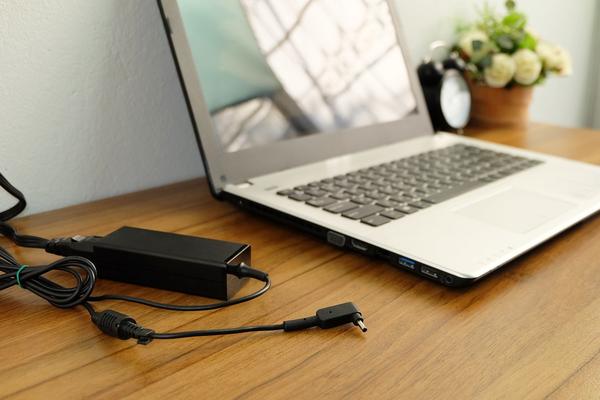
![10th generation Core i5 equipped 9.5h drive mobile notebook is on sale at 50,000 yen level [Cool by Evo Book] 10th generation Core i5 equipped 9.5h drive mobile notebook is on sale at 50,000 yen level [Cool by Evo Book]](https://website-google-hk.oss-cn-hongkong.aliyuncs.com/drawing/article_results_9/2022/3/9/4a18d0792cae58836b71b9f591325261_0.jpeg)



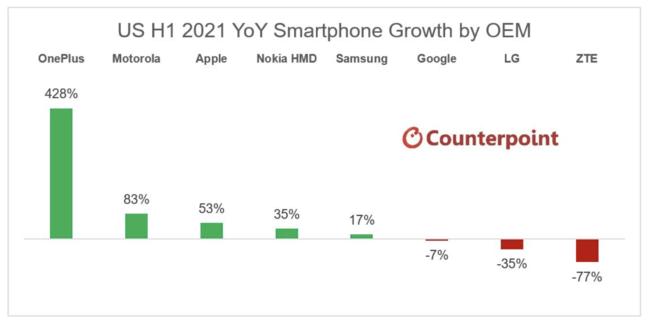
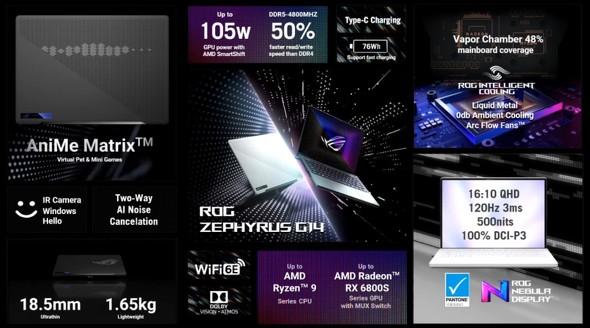
![[Amazon time sale in progress! ] 64GB microSD card of 1,266 yen and wireless earphone with noise canceling function of 52% off, etc. [Amazon time sale in progress! ] 64GB microSD card of 1,266 yen and wireless earphone with noise canceling function of 52% off, etc.](https://website-google-hk.oss-cn-hongkong.aliyuncs.com/drawing/article_results_9/2022/3/9/c88341f90bab7fe3ce1dc78d8bd6b02d_0.jpeg)
